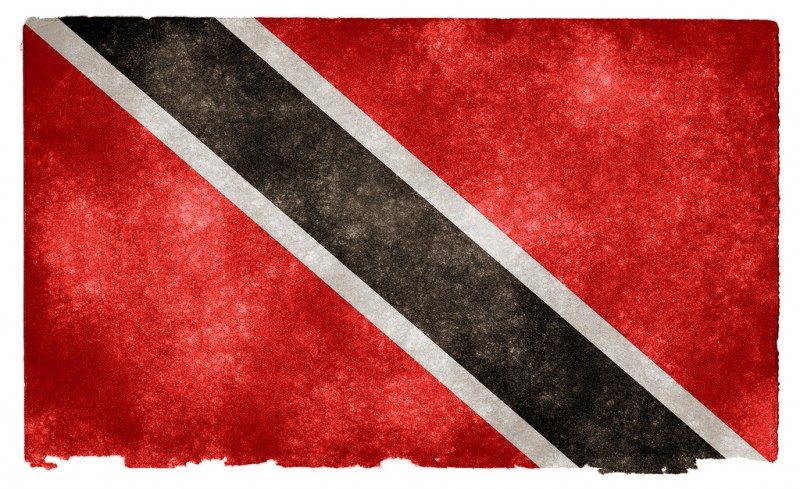
Grunge textured flag of Trinidad and Tobago on vintage paper, released under a standard Creative Commons License – Attribution 3.0 Unported.
One political blogger is tired of the mud slinging that passes for political debate in Trinidad and Tobago, venting her displeasure in a post that looks at how political campaigns have historically played out in the country and suggesting that change has to be effected from the electorate:
Engineering dirt and flinging it into interesting patterns on the public wall aren’t anything remotely new to politics; and certainly not new to ours.
As early as 1961, our electoral process was plagued with ethnic tensions that led to questionable behavior.
In the course of the campaign, violence broke out and limited states of emergency had to be declared…
That was just one example. The blogger also referred to the “infamous gun hoax” of 1981, in which candidates from a contesting party, the Organisation for National Reconstruction, faked a shooting, made a false report to the police, publicly blamed other political groups and were never brought to task for their actions.
The Eternal Pantomime referred to recent instances of similar behaviour, but focused her attention on last week's revelation of an alleged smear campaign against the country's current opposition leader, after which she addressed what she saw as the key issue of the next election – political performance:
An election is constitutionally due by September 2015. The UNC/PP Govt [the United National Congress and its People's Partnership coalition, which comprise the current government] has not a chance in hell of winning it, despite Kamla’s [Persad-Bissessar, the country's Prime Minister] sustained popularity. There are simply too many scandals and missteps to sidestep during next year’s campaign.
Usually an incumbent party campaigns on its track record [but] this Government has a dismal track record with legislation. From Section 34 to Soldier Bill, to DNA Bill to Dangerous Dogs, no one is happy with how inefficient a Cabinet filled with lawyers are at drafting legislation.
She criticized the tactics that she determined the government was using in a bid to hang on to political power:
1. Circle the wagons of support around the leader and have the party base lash out in a wild, incoherent frenzy at anyone who dares to criticize her.
2. Raising the race bogey.
3. Target and smear the leader.
Instead, she believed that any campaign – from the incumbent party or any challengers – should be run on performance and track record:
We, the electorate, must rise above the noise and examine the UNC/PP's track record from 2010 to whenever an election date is called; and we must examine the PNM’s [the People's National Movement, the opposition party] track record, specifically Rowley’s [its political leader] achievements and skills.
Compare the track records of the two leaders before us: Keith and Kamla.Let’s make 2015 about performance, not smear campaigns against personalities.






